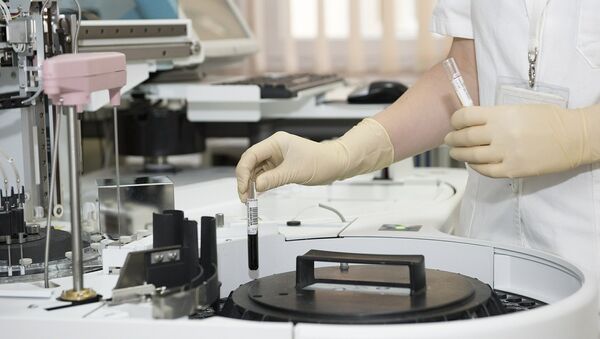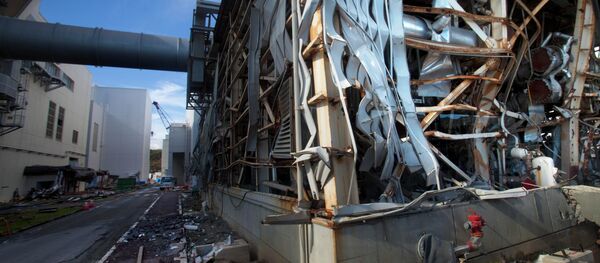The National Cancer Center gave the program the green light in mid-July, according to the Japan Times, and the center's research and ethics screening committee will oversee the human trials.
If the clinical trials are successful, the research team will seek to place the new test into public practice within three to five years.
Using microRNA — a material extruded from cells into the bloodstream that regulates the movement of genes — the research team of representatives from Japan's National Cancer Center, technology testing company Toray Industries, and other medical firms, used the test to differentiate between normal cells and cancer cells.
The new test was successful in identifying microRNA that correlated to 13 cancer variants, including pancreatic, breast, stomach, esophagus, colorectal, liver, and lung cancers, by using the preserved blood of some 40,000 people, most of whom were doagnosed with cancer.
According to the report, a single drop of blood was used to diagnose the cancers at an accuracy level of over 95 percent, noting as well that breast cancers were diagnosed with 97 percent accuracy.
Observing that the test subject's preserved blood may have altered the microRNA used in the test, the clinical study will instead use fresh human blood provided by some 3,000 people, including those with, and without, cancer.
The announcement marks the first test of its kind, in which a single diagnostic procedure can be used to identify multiple variants of a disease.
By introducing the new test in medical exams and checkups, late-stage identification of the disease could be prevented, thus increasing a patient's chances for recovery.
Takahiro Ochiya, head of the Molecular and Cellular Medicine Division at the National Cancer Center Research Institute, expressed optimism.
"Patients will not need to take multiple tests," he asserted. "In the future, it will become possible to identify cancer stages and characteristics."





